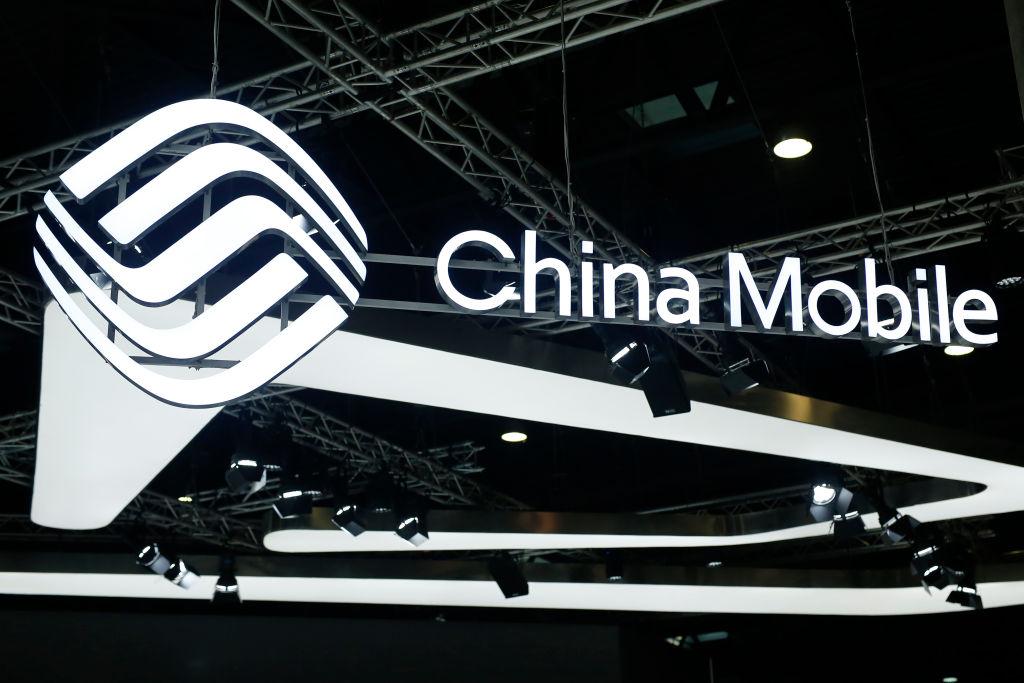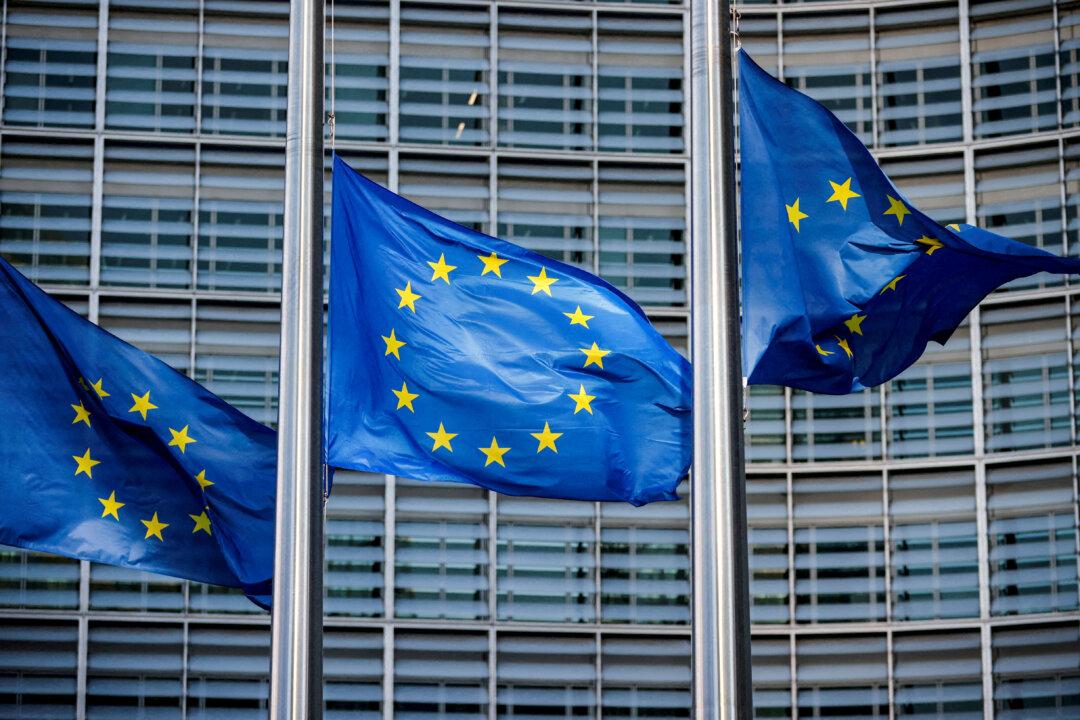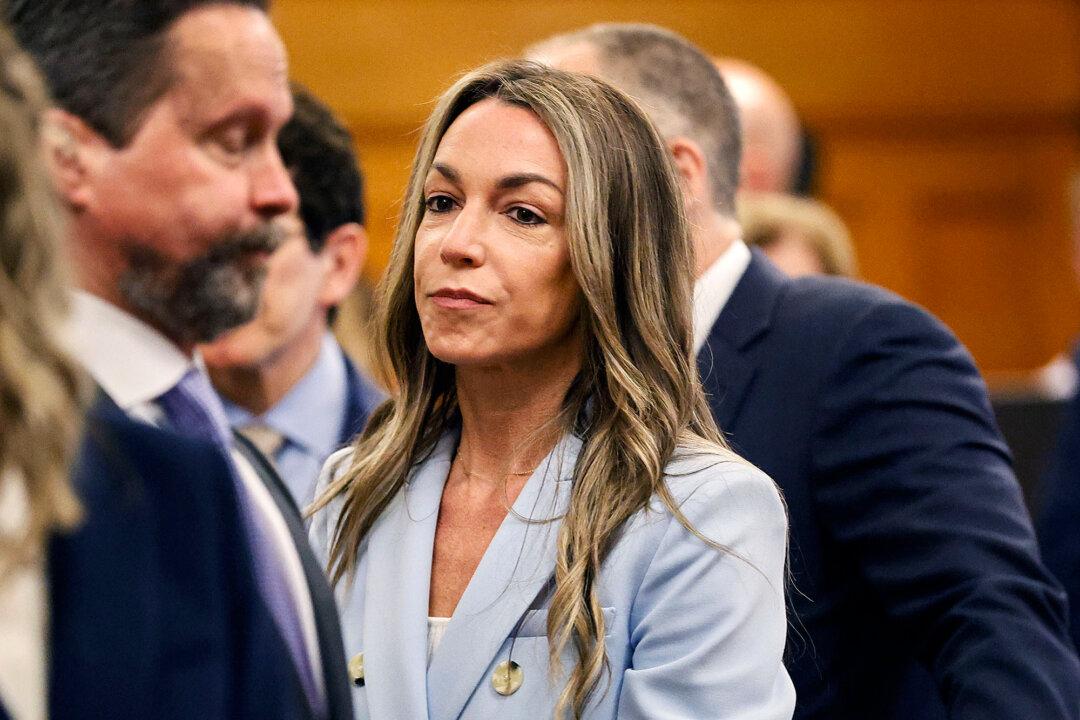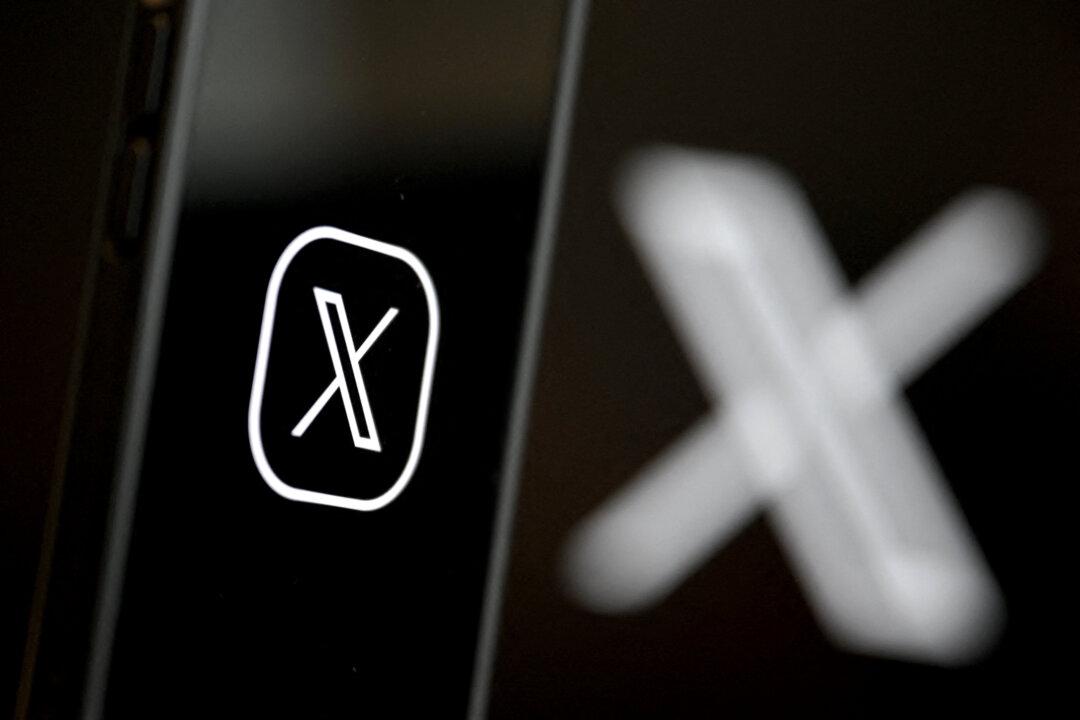A federal judge has temporarily barred the federal government from punishing New York State for continuing New York City’s congestion pricing toll in defiance of a federal directive to shut it down.
That toll aims to reduce traffic gridlock and bring an estimated $15 billion for the Metropolitan Transportation Agency (MTA) to modernize its aging mass transit infrastructure. It adds to what drivers already pay to use bridges and tunnels to get onto Manhattan.
President Donald Trump has vowed to stop the tolls since the beginning of his second term. In February, he directed the Transportation Department to revoke federal approval for the tolls, which were authorized under a Federal Highway Administration pilot program.
Transportation Secretary Sean Duffy wrote in a Feb. 12 letter to New York Gov. Kathy Hochul: “I share the president’s concerns about the impacts to working-class Americans who now have an additional financial burden to account for in their daily lives.”
Less than an hour after Duffy issued the letter, the MTA filed a lawsuit against the Transportation Department, accusing the Trump administration of trying to terminate the plan for “blatantly political reasons.”
The lawsuit also contended that abruptly ending the toll would leave the MTA responsible for repaying roughly $1.4 billion in debt the agency had already taken out to implement the program.
After the MTA chose to sue rather than comply, Duffy gave Hochul a March 21 deadline to end the toll. That deadline was later extended to April 20, then again to May 21.
In the most recent warning, Duffy’s department gave the state until May 28 to end the tolling program or have the Federal Highway Administration hold up money and regulatory approvals for federally funded road projects, starting with a payment freeze on a number of highway and transit accessibility projects.
“President Trump and I will not sit back while Gov. Hochul engages in class warfare and prices working-class Americans out of accessing New York City,” Duffy said in a statement in April. “The federal government sends billions to New York—but we won’t foot the bill if Gov. Hochul continues to implement an illegal toll to backfill the budget of New York’s failing transit system.”
In a statement to The Epoch Times, the Transportation Department emphasized that Tuesday’s order does not rule on the merit of the case but is a temporary measure to give more time to reach a decision.
“Enforcement actions for noncompliance were merely under consideration, and we will comply with the judge’s request to hold,” a spokesperson for the department said.
“Secretary Duffy can issue as many letters and social media posts as he wants, but a court has blocked the Trump administration from retaliating against New York for reducing traffic and investing in transit,” the governor said Tuesday.







